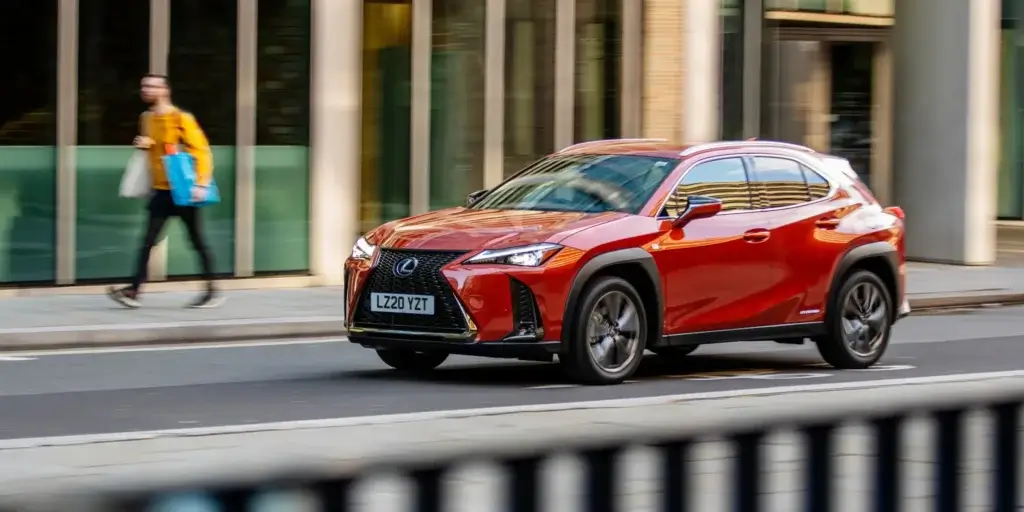Why do I need all these documents when buying a used car?
There are several reasons why you would need these documents when buying a used car.
Proves you are the owner of the vehicle
Without a proper purchase invoice, you will not be able to prove to authorities that you are the legal owner of the vehicle in case of any legal issues arising.
Ensures you stay legal
Documentation such as road tax, insurance and a valid MOT certificate are all required by law to drive on public roads in the UK. Without them, you could be fined and given points on your driving licence.
Protects you from fraud
Any official documentation that comes with a used car helps to verify the car is legitimate. The vehicle history check, for example, will reveal if the car is stolen, written off or has outstanding finance attached to it, or if there has been a mileage discrepancy in the past that you need to know about.



